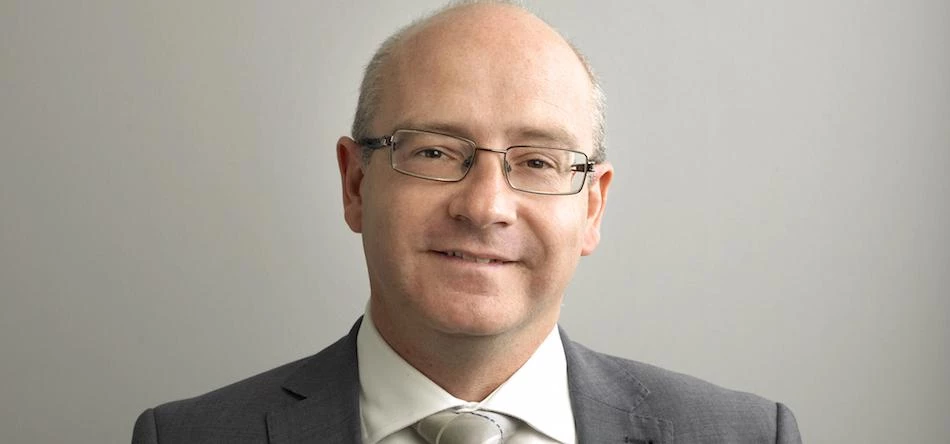
Partner Article
Brexit to increase 2017 corporate insolvencies, predicts study
According to a member survey by insolvency and restructuring trade body R3, restructuring experts are predicting that Brexit will lead to a rise in corporate insolvencies in the next year.
Almost three-quarters (72%) of those surveyed believe the referendum result will cause corporate insolvency numbers to rise by the end of 2017, while over half (55%) say business finances have been hurt since last June.
Insolvency practitioners (IPS) are most concerned about the ‘hard Brexit’ option similar to that recently outlined by Prime Minister Theresa May, with over three-quarters (76%) believing it will lead to more corporate insolvencies and well over half (60%) thinking such a scenario will also cause personal insolvencies to rise.
A ‘soft Brexit’ option was seen as less risky for businesses and individuals, with just 1% of the IPs surveyed believing this approach would lead to a ‘significant increase’ in corporate insolvencies, whereas over one-third (35%) say the same for ‘hard Brexit’.
Almost four-in-ten (39%) think a ‘soft Brexit’ would have no impact on corporate insolvency numbers, but fewer than one-in-ten (8%) think a ‘hard Brexit’ will have no impact.
Andy Haslam, North East vice chair of insolvency trade body R3 and a partner with Tait Walker: “Even in the light of the Prime Minister’s speech, the uncertainty around what final form ‘Brexit’ will actually take makes it difficult for businesses to plan ahead and assess what risks and opportunities they have.
“A continued rise in insolvency numbers, however, is not inevitable. Recent years have seen the insolvency and restructuring profession focus increasingly on rescuing business outside of formal insolvency procedures.
“This approach may help keep post-‘Brexit’ insolvency numbers down, but a lot will also depend on how the economy performs after the split with Europe.
“It is crucial to remember that if businesses do run into trouble, they should seek advice as early as possible - ignoring problems in the hope they will go away is not a sustainable way forward for any firm.”
Looking to promote your product/service to SME businesses in your region? Find out how Bdaily can help →
Enjoy the read? Get Bdaily delivered.
Sign up to receive our daily bulletin, sent to your inbox, for free.








 £100,000 milestone drives forward STEM work
£100,000 milestone drives forward STEM work
 Restoring confidence for the economic road ahead
Restoring confidence for the economic road ahead
 Ready to scale? Buy-and-build offers opportunity
Ready to scale? Buy-and-build offers opportunity
 When will our regional economy grow?
When will our regional economy grow?
 Creating a thriving North East construction sector
Creating a thriving North East construction sector
 Why investors are still backing the North East
Why investors are still backing the North East
 Time to stop risking Britain’s family businesses
Time to stop risking Britain’s family businesses
 A year of growth, collaboration and impact
A year of growth, collaboration and impact
 2000 reasons for North East business positivity
2000 reasons for North East business positivity
 How to make your growth strategy deliver in 2026
How to make your growth strategy deliver in 2026
 Powering a new wave of regional screen indies
Powering a new wave of regional screen indies
 A new year and a new outlook for property scene
A new year and a new outlook for property scene